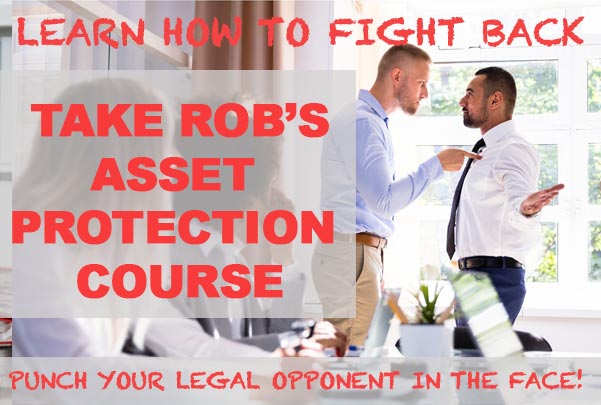Constitutional Trusts and Pure Trust scams
Promoters of trust scams are claiming that if you make use of their trust, you would be able to eliminate all of your taxes. This is not true!
Here are the titles of trusts being touted over the Internet and by other means:
- Pure Trusts
- Constitutional Trusts
- Contract Trusts
- Freedom Trusts
- Business Trust
- Unincorporated Business Trust
- Equipment Trust
- Service Trust
- Final Trust
- Common-Law Trust Organizations
- Foreign Common Law Trust Organizations
Everyone should be aware of the fact that no legitimate Federal or state court recognizes these trusts. They are nothing more then a scam, a con, a “rip off.” And we hope that we are getting our point across. Furthermore, none of these “trusts” have ever held up in court.
The premise of these scam trusts is based upon the clause in the U.S. Constitution which in essence says that no state will impair the “obligation of contracts.” Therefore the argument is that because it’s in the Constitution, you can basically make a contract to do anything you want!
However, you may ask what about the case law and the Internal Revenue Service rulings that uphold such trusts? Here are what makes a fraud a fraud because, if it were too obvious, these scammers wouldn’t be able to get away with it. Here are the true facts:
Constitutional and Pure Trusts do not pay taxes!
Yes, it’s true that these trusts do not pay taxes. This is because these trusts don’t exist! In other words, they aren’t recognized as entities under the U.S.
Constitutional or Pure Trusts do not pay taxes, because the taxes are paid by the persons who created them under their own income tax. This means that if you conveyed property or income to a Constitutional or Pure Trust, both the Courts and the IRS will simply treat that property or income as if it hadn’t been given away, and you have to pay taxes on it just like you would have in the first place.
Note the asset protection problem here: if you have creditors and have tried to avoid them by using scam Trusts, then you haven’t done anything because a U.S. court will not recognize these as existing trusts. Therefore, creditors can collect from your trust as easily as they could from you personally!
Pure Trusts – disregarded entities
There have been letters issued by the IRS that state the following: “Pure Trust organization has no tax requirements.” However, these letters do NOT say that income to the Pure Trust is not taxable, nor do they say that income earned by a Pure Trust can be retained in the Pure Trust. In fact, in none of these letters is it said that a Pure Trust exists!
Furthermore, the IRS treats Pure Trust organizations as if they do not exist, and the individuals involved with them are responsible for the tax. Which means that, if you transfer your business earnings to a Pure Trust and it makes $50,000 in a year, then you and not the Pure Trust is responsible for having to pay the taxes on the $50,000. If you fail to pay the tax, you will be liable for the tax, the penalties, and the interest.
Repeated warnings from the IRS
The Internal Revenue Service has repeatedly warned about these trusts. In 1997, the IRS started their own “Abusive Trust Department” to go after these trusts, along with their owners and promoters.
So, how do you deal with the scam artists selling these trusts? Very simple: Ask to get a tax opinion for your own situation from the IRS, a reputable law firm or one of the big five accounting firms.
If you have already been conned into forming a Pure or Constitutional Trust, then you should immediately contact your local tax attorney.

Trust scams and scammers
-
Abusive Trusts: Someone will have to pay the taxes!
-
Pure Trust scams
-
IRS Targets Five illegal Trusts
- Constitutional Trusts and Pure Trust scams
- Legal principles that are applicable to trusts
- IRS cracking down on trust scammers
- Abusive Trust arrangements
- Examples of Abusive Trust arrangements – Part One – The Business Trust
- Examples of Abusive Trust arrangements – Part Two – The Equipment or Service Trust
- Examples of Abusive Trust arrangements – Part Three – The Family Residence Trust
- Examples of Abusive Trust arrangements – Part Four – The Charitable Trust
- Examples of Abusive Trust arrangements – Part Five – The Final Trust
newsletter signup
[forminator_form id=”1485″]

FIGHTING BACK!
